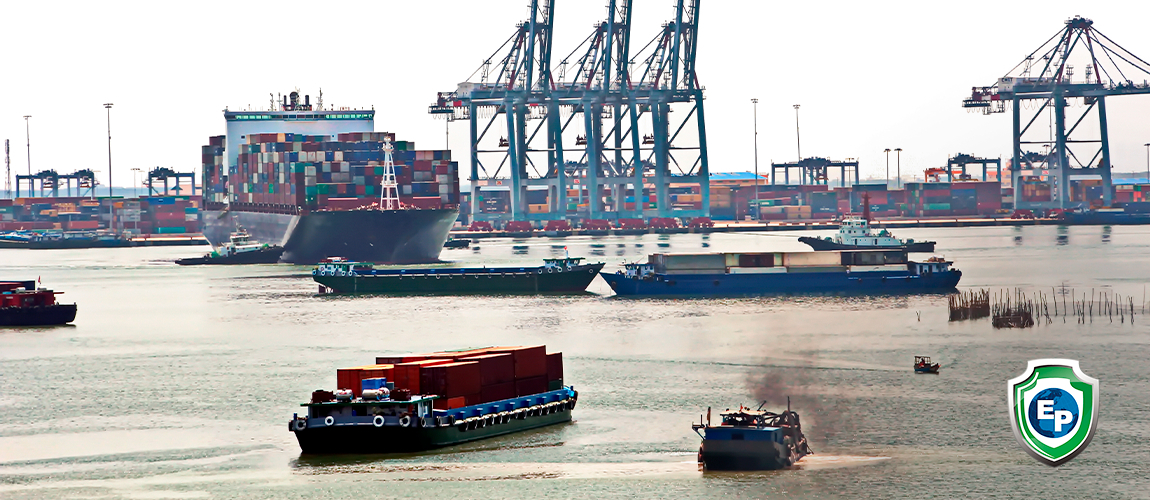Why India and Vietnam Will Strengthen Bilateral Trade
India and Vietnam have strong economic and political ties based on common strategic interests, but the trade relationship also faces challenges that can be solved by means of modern technology.

India-Vietnam trade has grown almost 80 per cent over the last five years. By now, Vietnam is India’s fourth-largest trading partner in ASEAN and India is among Vietnam’s top 10 trading partners.
Strong economic and diplomatic ties between India and Vietnam are not surprising. Both countries have a common strategic interest: keeping China’s growing economic and political influence in the region in check.
Last year, India and Vietnam held their first joint naval exercise in the South China Sea. The goal was to send a clear signal to neighbouring China, which has aggressively been expanding by militarizing the territory.
Bilateral trade and tourism likely to increase
Vietnam’s main exports to China include textiles, coffee, tea, electronics, spices, building materials, cashew nuts, handicrafts, pharmaceutical products, and rubber. India exports agricultural products, cotton, pharmaceutical products, meats, and seafood.
As both countries have mutual visa-on-arrival programs in place, it’s likely that the tourism industry in Vietnam will see an increasing influx of Indian tourists and vice versa.

Pharmaceutical exports suffer from inadequate documentation
Another area of cooperation is the pharmaceutical trade. “Although the domestic [Vietnamese] pharmaceutical industry has made strong progress, it only meets 52.5 per cent of the domestic pharmaceutical demand,” says Võ Tân Thành, deputy chairman of the Vietnam Chamber of Commerce and Industry (VCCI).
On the other hand, the Indian pharmaceutical industry has emerged as a world-class, cost-effective generic drug manufacturing hub. Currently, Vietnam accounts for about 20% of India’s pharmaceutical products exports.
However, Indian drug exporters face challenges as receiving countries have recently increased non-tariff barriers. The reasons are multiple instances of data falsification, inadequate documentation and data traceability, and lax adherence to standard operating procedures.
Modern technology could help to solve these issues: Export Portal’s blockchain-based trading platform enables suppliers and receivers to share and verify the information directly. It also enhances data transparency and traceability and streamlines documentation processes.






Comments 0